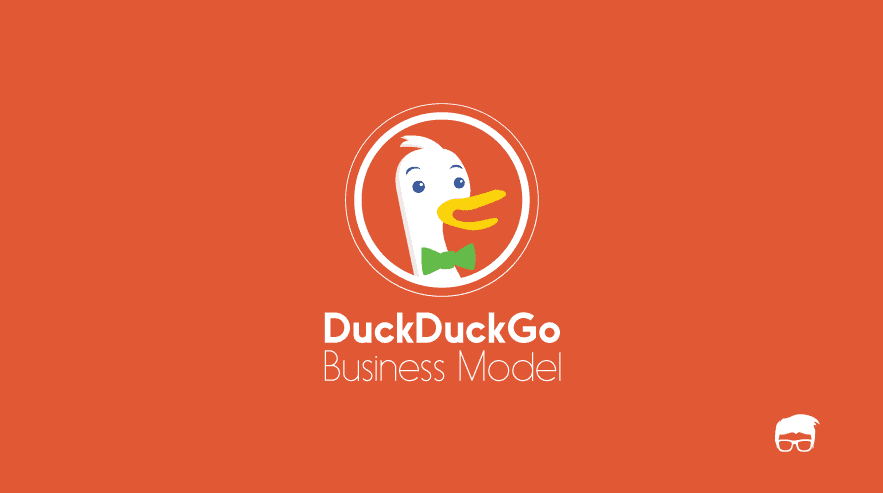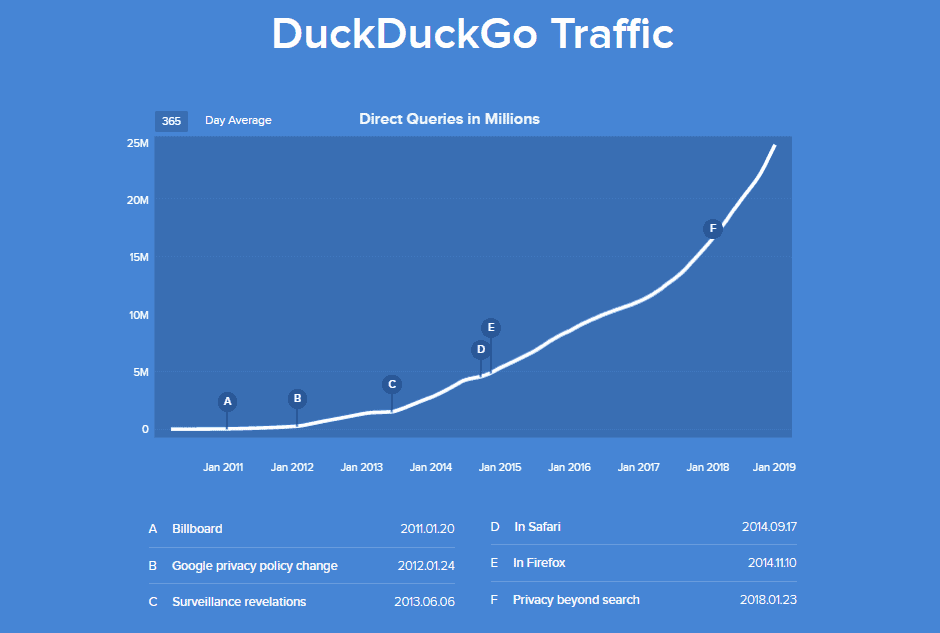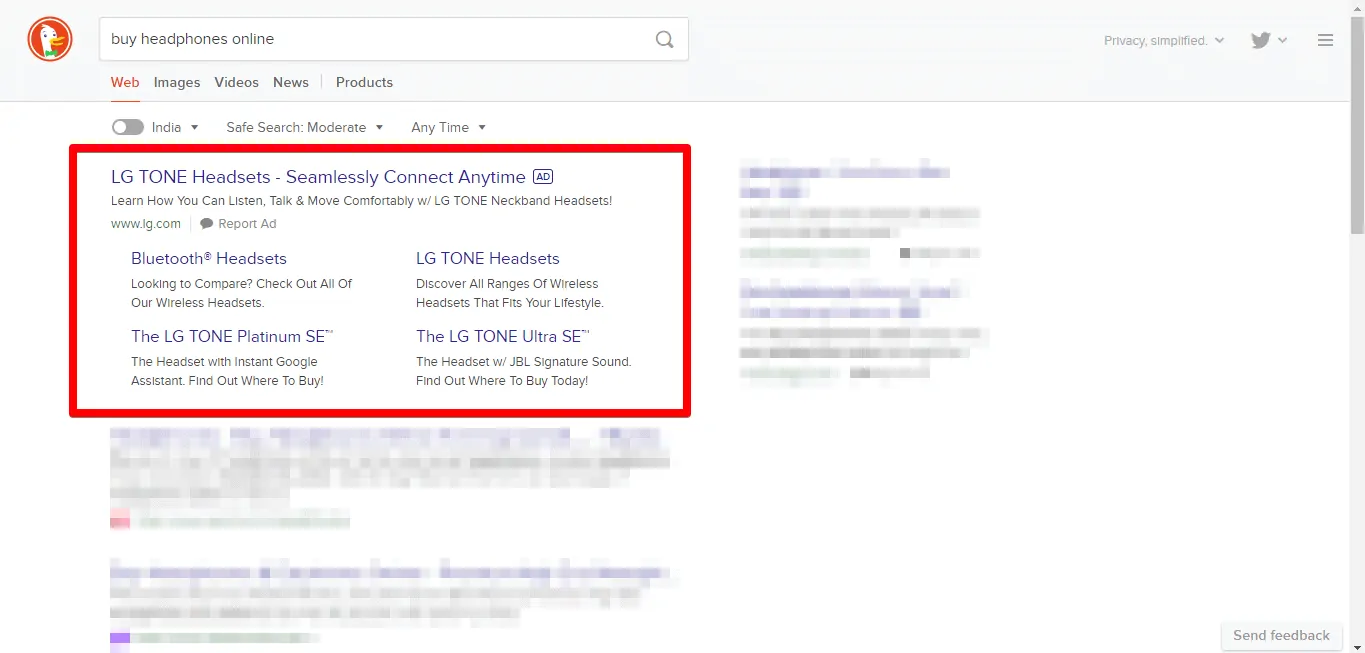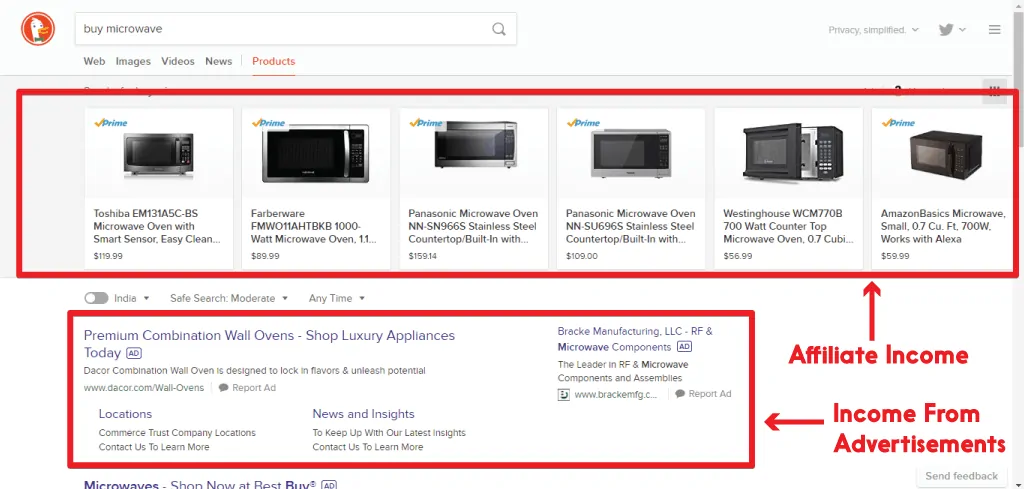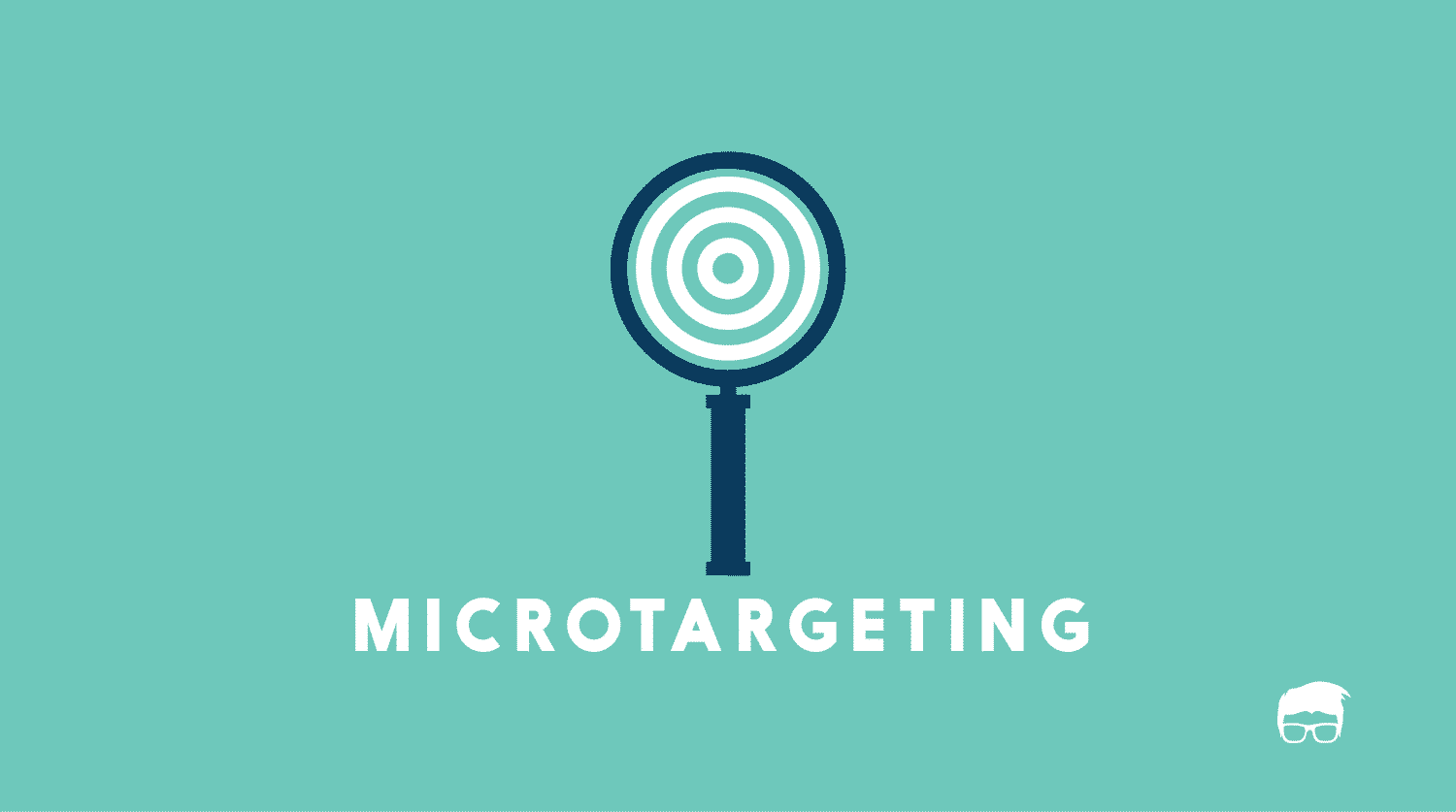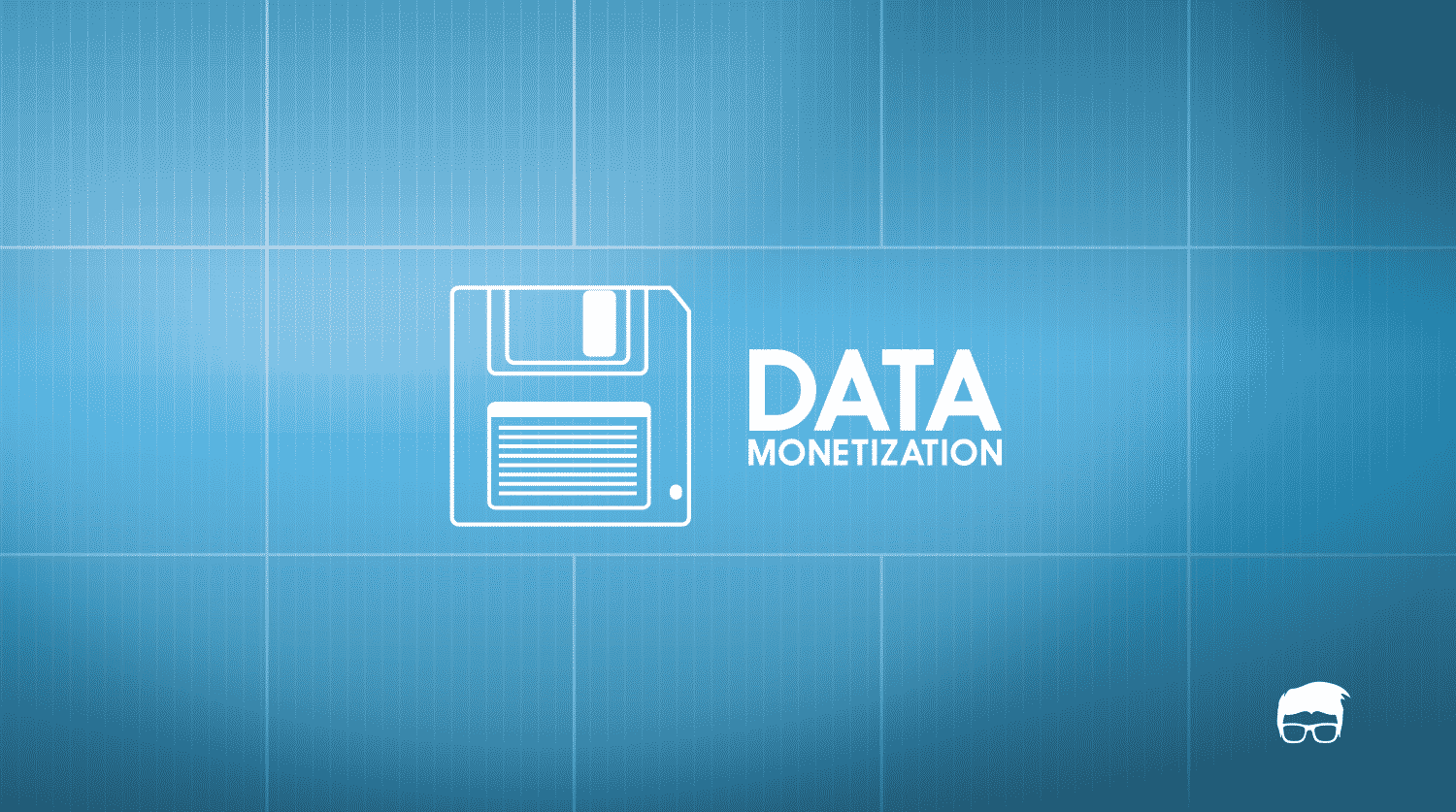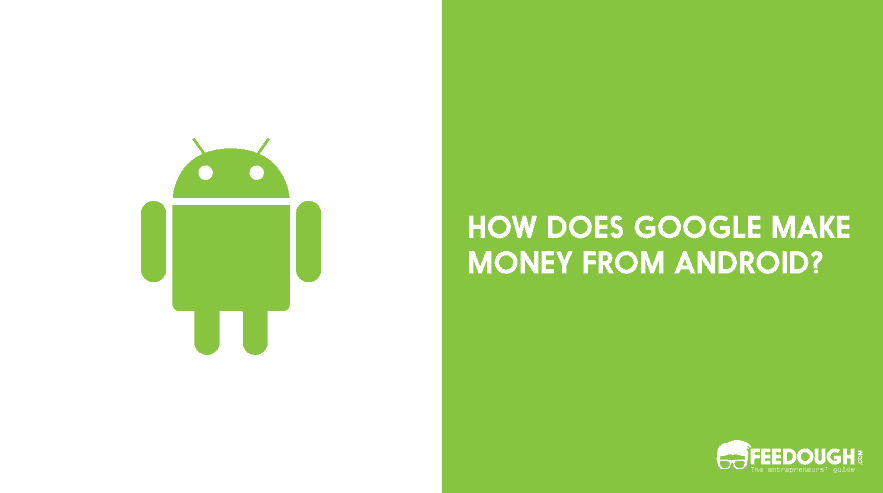Ever spoke to a friend about a product you saw somewhere and immediately saw an advertisement while browsing through the internet? Don’t even answer it, we all know how intrusive search engines are these days. Especially one particular search giant is notorious in poking nose all over in your data. We all know who I am talking about.
From knowing your flight itinerary to your daily commute to your favourite sports team, Google has become your new (and boundary crossing) best friend. The reason why we don’t make a fuss about it because we believe that it has to track your information to generate revenue. “If you are not paying for something, you are the product”.
But is it necessarily true? Do search engines really require your data to generate revenue?
DuckDuckGo denies.
What Is DuckDuckGo?
DuckDuckGo was established in the year 2008 as an internet privacy company which aims at being a secure search engine and not a pseudo-tracking engine. Basically, DuckDuckGo is an alternative to Google which doesn’t follow and track your behaviour.
So how does DDG make money? We will get to the answer after a short brief of their history.
History of DuckDuckGo
Founded in 2008 by Gabriel Weinberg, DuckDuckGo was a self-funded project after Weinberg sold his previous venture NamesDatabase to classmates.com in 2006 for $10 million.
The core idea behind starting DuckDuckGo was to provide search results in a secure internet space. During October 2011, DDG was funded by Union Square Ventures because they believed that competitiveness in search engine is through privacy now. By 2014, DDG was a profitable company although earning a tiny fraction of what Google earns. In August 2018, DDG raised another $10 million from Omers Ventures as Google was accused of biased internet search by US President Donald Trump. Although DDG was doing well off without the funding, the money could be used to spread awareness about the big bout between data privacy provided by DDG vs the giant Google.
DDG With Numbers
With 22 Billion searches under their belt, DDG has 55 employees currently and are keen on taking up the game with dedicated APIs to protect you from being followed by Google everywhere you go. DDG meanwhile is also keen on studying how Google tracks and stores data, therefore, having a head-on collision with Google in terms of data security.
DuckDuckGo Business Model
The Primary means of business for DuckDuckGo is always going to be its search engine. But even they know it is not enough to sustain themselves in the market where the competitor is Google.
With time DDG has moved on to its own app in Google Play store and Apple iTunes, and also launched it as a Chrome extension giving a much convenient option than using DDG through the browser.
DDG has its own instant answers API that is free of cost. Although, you might use it commercially only after getting email approval from DuckDuckGo. Pretty easy and convenient to use and aimed at getting more people to use DDG.
DDG is now developing APIs targeted on preventing your data from being processed while browsing other websites and will continue to keep up the fight with more data and more solutions to prevent internet users’ privacy being violated.
Not to forget the extensive study and fight DDG has put up against Google to protect user privacy. It now extensively conducts studies and shares results with masses to emphasize the need for more secure search engines.
How Does DuckDuckGo Make Money?
Most search engines make money by showing you advertisements related to the keywords you type in the search box. It is an acceptable approach except most search engines save the data about what you search.
DDG is different here: DDG makes sure it doesn’t save your IP, look at your cookie data or even remember who you are when you make consecutive searches. Basically, every time you use DDG, it is as if you are using the search engine for the first time.
So how do they give you targeted ads?
They don’t. They use keywords typed in to show advertisements (which are syndicated through Yahoo!). For example: If you search for ‘buy headphones online’, you will be shown headphones advertisements without peeping into your private data.
Thus, DuckDuckGo only shows you ads related to the keywords typed in the search box. (which by the way, you can disable in settings) This is their primary source of income.
The other method of generating revenue is non-tracking affiliate partnership with eBay and Amazon. When you purchase something from these websites through DDG, DuckDuckGo receives a small commission out of it.
So basically the other way DDG earns revenue is by getting a cut out of each product you buy through the DDG redirection link.
Naturally, these are not very profitable means and DDG is constantly on a lookout for more revenue generating models without putting user data at risk.
DuckDuckGo Vs Google
Most people are curious how DuckDuckGo makes a difference as compared to their usual Google search. Here is an infographic that will help you understand it better.
How Google Handles A Search Query
When you put in a search keyword on the search bar, Google takes in the keywords and shows you related Advertisements (also stores in what keyword you had typed, from what device, at what time and location). After picking a suitable header when you click on a link, Google sends your IP address and user agent(basically your complete digital identity) to that website thus recording not just what you searched but from what device you searched and who searched it. It further keeps this information to itself to show you the advertisements of products that you may have left in your cart, etc. To have a thorough follow up, it creeps up on your internet activity through trackers that are on multiple websites that carry Advertisements driven by Google AdWords.
How DDG Handles A Search Query
When you put in a search keyword on the search bar, DDG takes in the keywords and shows advertisements based on the keyword (without saving your search history).Further when you click a link, DDG to make sure your identity is safe, changes link from a majority of websites so as to make the user data almost encrypted where the website won’t know the user information
DuckDuckGo Current Stance
Is DuckDuckGo all about a safe browser that doesn’t follow you or is there more to it?
10 years into a successful launch, DuckDuckGo has picked up the axe, has its warcry ready and is heading straight to tackle the biggest shark in the sea: Google.
DDG has made it open that it is against Google’s creepy tracking of the internet. Now that DDG has newly acquired funds, it has been on Google’s tail and has made an extensive study of how Google collects and uses User data and started making masses aware of how we can get rid of this creepy stalking. With the latest study by DDG claiming that Google still personalises your search results even when you are in incognito mode i.e. incognito isn’t as private as you thought it was. This isn’t as big a shock as the fact that was discovered that over 75% of the websites you visit have secret trackers in them which are installed in them by Google as part of Adwords or other support systems.
Now, leaving aside the mass study and awareness DDG is spreading to put its name out there, DDG is also developing methods to keep you safe when you browse the internet. DDG makes sure there is no search leakage when you browse through DDG. So now, they are making internet search more private, but they are also making some noise about it. The business model has changed drastically.
Go On, Tell Us What You Think!
Come on! Tell us what you think of our article on How Does DuckDuckGo Make Money? in the comments section.
Engineer by education. Writer by choice. I learn about new things by writing about them.
